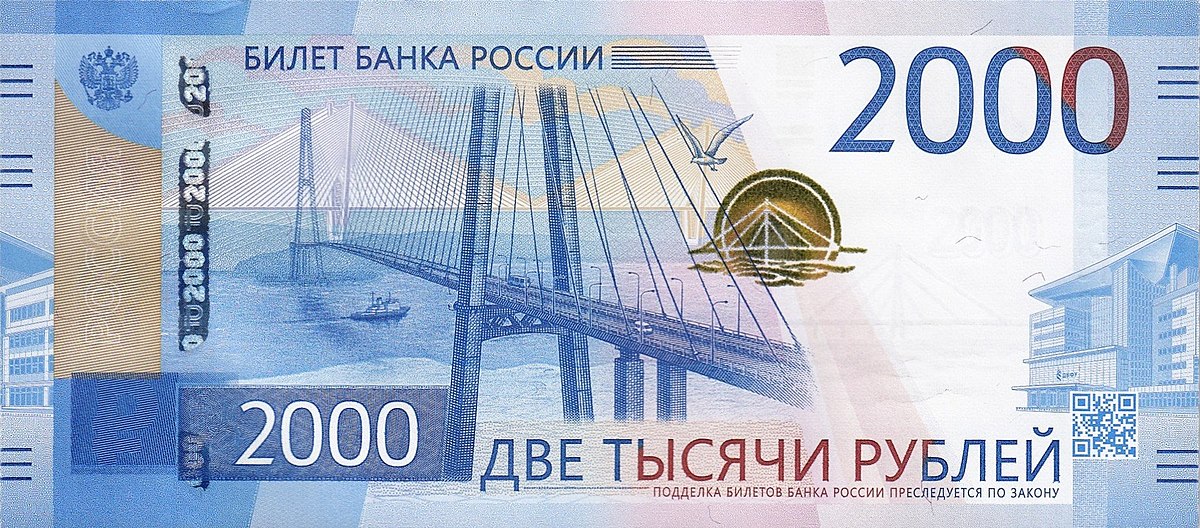Commercial exchanges between Turkey and Russia
After announcing the day before the conclusion of an agreement to “strengthen commercial exchanges” between Turkey and Russia, the Turkish President, Recep Tayyip Erdogan, indicated that the deliveries of Russian gas, on which Ankara is very dependent, will be made in rubles. A way for Turkey not to further reduce its currency reserves in dollars, which are very precious in an attempt to limit the fall of the national currency.
This is a new gesture from Turkish President Recep Tayyip Erdogan towards Russia. Turkey, which already refuses to apply the sanctions imposed by Western countries against Russia following the invasion in Ukraine, citing its economic interests, signed an agreement with Moscow on Friday to strengthen economic and energy cooperation between the two countries . During a visit to Sochi, in southern Russia, Erdogan and his Russian counterpart Vladimir Putin agreed to “strengthen trade” between their countries and “to meet mutual expectations in the field economy and energy,” according to a press release released by the Kremlin on Friday.
In this sense, Recep Tayyip Erdogan confirmed that Russian gas deliveries to Turkey will be paid for in rubles. This was reported on Saturday by the Turkish media quoting the words of the Head of State on board his return flight from Sochi. “A positive aspect of our visit to Sochi is our agreement with Mr. Putin on the rouble. God permitting, our ruble trade will ensure benefits for Turkey and Russia,” he said. The two presidents have agreed that deliveries of Russian gas to Turkey will be “partially paid for in rubles”, Russian Deputy Prime Minister Alexander Novak announced on Friday evening. Recep Tayyip Erdogan, however, did not specify the volume of future transactions in rubles.
Payment in rubles for Russian gas is one of the conditions set by Russia in reaction to the economic sanctions taken by Western countries such as the United States and the European Union, which have notably decided on an embargo on Russian oil. A requirement that the European Union refused. As a result, several countries such as Poland, Bulgaria and Finland have had their Russian gas supply cut off by the gas giant Gazprom. And deliveries to the rest of Europe have been steadily decreasing for several months, forcing the Twenty-Seven to urgently find alternatives to avoid shortages and rationing this winter. This is particularly the case of Germany, which was still more than 50% dependent on Russia for its gas before the outbreak of war in Ukraine. A figure has since fallen to 35%, which forces Berlin to turn back to coal and nuclear.




Comments are closed